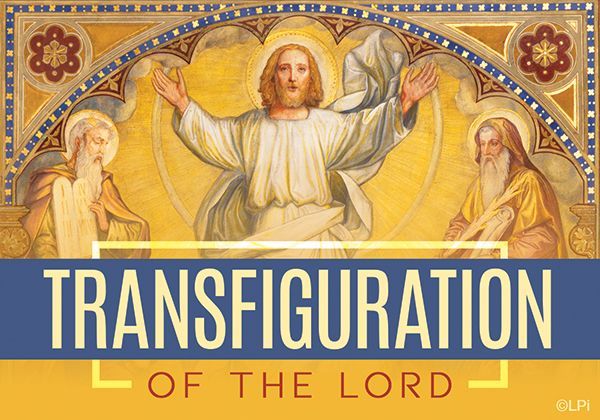Pastors: How to Tell Your Story Through the Homily

Congregations appreciate being invited into their pastor’s personal experiences, but sharing your conversion story, background, and life experiences can be an intimidating task. Here are five tips for sharing your story through the homily.
Hook Them with The First Line
If you want to capture the attention of your parishioners, begin your homily with, “What you’re about to hear is a true story.” It teases the imagination and invites curiosity. Here are a few other reliable openers that are sure to make an impression, depending on the story you want to tell and the Gospel message to which you will relate it:
- “I never thought it would happen to me.”
- “You always think you have perfect trust in God — until the moment you realize you don’t.”
- “I will never forget the moment I learned the true depth of God’s mercy.”
Find the Stories you Don’t Know are There
Priests want to talk about God in their homilies, and often don’t see themselves as captivating or unique. That’s admirable — nobody wants a pastor who can’t stop talking about himself. But God has revealed Himself to you in millions of moments throughout your life, and those moments can all make for a story, even if they don’t strike you as particularly funny or interesting. Get brainstorming by asking yourself some simple questions. Even if the answers to these questions don’t form the thesis of your homily, considering them honestly may lead you to a story you didn’t know was there.
- When was I most afraid? How did I handle that fear? What would I do differently now?
- Who was the person I have been most angry with? What did they do to make me that angry? What did my anger say about what I wanted from them? What would I say to them about that situation if I could speak to them now?
- What’s the biggest mistake I’ve ever made? What emotions led me to make that decision? Was God in that decision, or was He absent?
- What’s the most fun I’ve ever had? What made that experience so enjoyable? Was it who I was with, my life situation at the time, the environment itself?
Speak from a Place of Authenticity
Salesmen share a story because they’re trying to force a connection. But you’re not trying to make a sale, you’re trying to make an impression. The best way to do that is by starting with authenticity. This can best be done by always remembering who the hero of the story is. Spoiler alert — it’s never you. The hero is God, even if you are the protagonist. Only share stories that illuminate God’s work in your life.
Don’t be Afraid of Vulnerability
People often put their pastor on a pedestal that goes beyond seeing him as holy — they unconsciously see him as better or stronger than themselves. Share the moments that show your humanness — your lack of confidence, your shyness, your doubt, or your fear. Remember that the reason corny jokes are unbearable is because their punchlines are low-hanging fruit — the zingers anyone can deliver. The same goes for sharing a story. It will be dull if you share your story the way anyone could: in a superficial manner. So, share your story only as you can: go deeper.
But Don’t Confuse Vulnerability with Using the Ambo as Therapy
It’s okay to cherry-pick details. Inviting parishioners into your humanness does not need to mean discussing your spiritual faults and struggles with sin. Of course you have flaws, and of course you want them to know that you are struggling on the path to heaven in the same way they are. But don’t place on them a feeling of needing to shepherd you — that’s what your spiritual director is for. We all fall prey to ongoing sins, but don’t give specific examples or mention, for instance, a Church teaching you may struggle with. This puts the problem on them and instead of humanizing you as a pastor it creates conflict within themselves that they have to reconcile.




